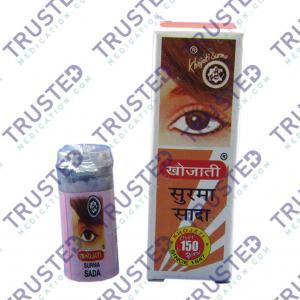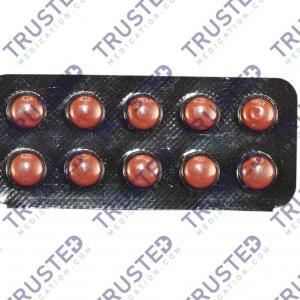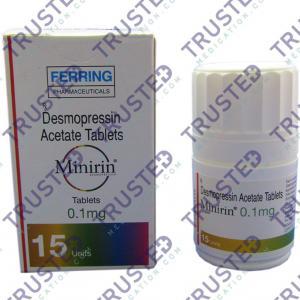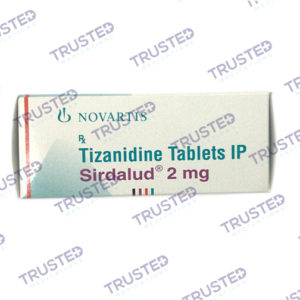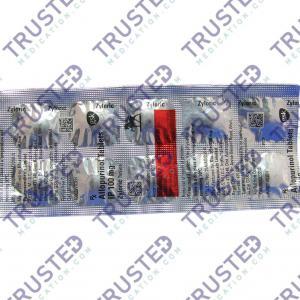
Anemia is a condition of a low number of red blood cells. It is characterized as hemoglobin or the main protein in your red blood cells. It carries oxygen and delivers it throughout your body. Anemia is a common blood condition typically affecting women and young children.

Symptoms of Anemia
- Dizziness, lightheadedness, or a feeling of passing out
- Unusual or fast heartbeat
- Headache and pain in the bones and joints
- Growth problems for teens and children
- Pale or yellowish skin
- Shortness of breath
- Cold hands and feet
- Tiredness or weakness
What are the Types of Anemia?
- Aplastic anemia. Aplastic anemia is a condition that occurs when your body stops producing enough new blood cells. The condition leaves you fatigued and more prone to infections and uncontrolled bleeding.
- Iron deficiency anemia. It is a condition in which blood lacks adequate healthy red blood cells. Red blood cells carry oxygen to the body’s tissues. As the name implies, iron deficiency anemia is due to insufficient iron.
- Sickle cell anemia. It is one of a group of inherited disorders known as sickle cell disease. It affects the shape of red blood cells, which carry oxygen to all parts of the body. There’s no cure for most people with sickle cell anemia but there are several treatments available.
- Thalassemia. It is an inherited blood disorder that causes your body to have less hemoglobin than normal. Thalassemia can cause anemia, leaving you fatigued. Severe forms might require regular blood transfusions.
What are the Causes of Anemia?
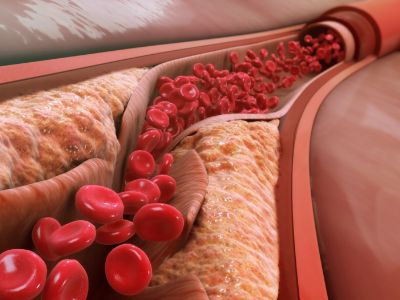
- Iron deficiency anemia. This most common type of anemia is caused by a shortage of iron in your body. This type of anemia occurs in many pregnant women.
- Vitamin deficiency anemia. It is caused by inadequate key nutrients in your diet, and your red blood cell production will suffer. Some people who consume enough B-12 aren’t able to absorb the vitamin.
- Anemia of inflammation. Red blood cell production can be affected by a variety of conditions, including cancer, HIV/AIDS, rheumatoid arthritis, kidney disease, and other acute or chronic inflammatory disorders.
- Anemia-associated with bone marrow disease. Anemia can be caused by a variety of diseases that affect the production of blood in the bone marrow. The effects of these types of cancer and cancer-like disorders vary from mild to life-threatening.
Treatment for Anemia
Treatment for anemia usually involves taking iron supplements and changing your diet. For severe cases of anemia, blood transfusions are the typical treatment method available. For hemolytic anemias, doctors may want you to avoid the typical triggers of the condition. For menstruation-related anemia, women can use Susten 200 mg for their menstrual cycle. Ferrous sulfate, vitamin B12, and iron supplement are also recommended.

